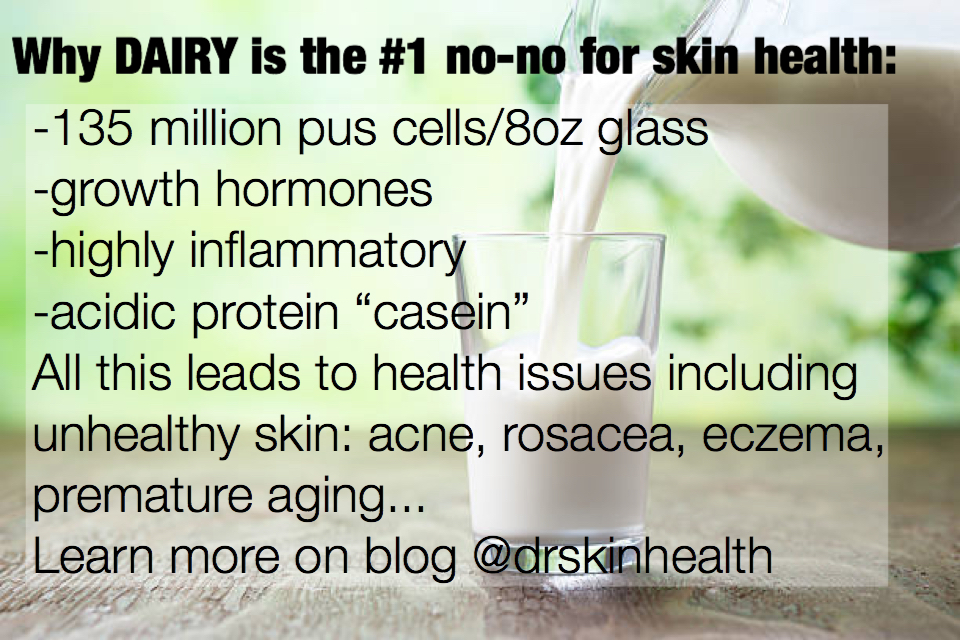What is dairy? Dairy is anything that contains or is made from milk. Milk, in general, is a baby growth food. Human babies are nurtured with mother's milk for the first few months or years, as it is the best food for their development. Once the baby develops and can digest solid food, the milk is no longer needed, and mother stops breastfeeding. It's the same with cow's milk. Cows only produce milk while they are nursing. They don't magically produce milk, nor are they just a milk producing machine. Cow's milk is designed to grow baby cows into 2,000-pound animals. Have you ever seen a 2,000-pound human? No! Our bodies are not meant to grow that big or that fast. When humans consume cow's milk, that abundance of growth hormones are shocking the human body. Even organic or raw cow's milk naturally contains growth hormones, fat, sugar, pus cells, acidic protein (casein), and is highly inflammatory. In addition, lower quality non-organic dairy contains blood, feces, and countless medications that cows are given to fight infections and diseases. If you're interested in finding out more about this subject, there are some great documentaries that were made in last few years revealing how unsanitary and inhumane the dairy industry truly is.
Is dairy good for me? It is ingrained into most people's brains that dairy products are a part of a healthy diet. Having a glass of milk for your strong bones, or yogurt to help digestion, is great dairy industry marketing. Guess what? High milk intake has been linked to increased risk of bone fractures! So the more milk you drink you are actually doing the complete opposite of the dairy industry's claim. It is quite obvious that another (much larger size...) species baby growth food is not suitable for human babies or humans in general. It causes severe inflammation in the body, which leads to endless health issues, including skin.
Dairy DOES affect the skin. Acne, hormonal breakouts, eczema, rosacea, premature aging are the most common effects caused by dairy products. Even hormonal acne can be caused by dairy. Hormones in cow's (or any other animal milk) cause hormonal imbalance in humans. Hormone IGF-1 abundantly present in cow's milk helps baby cows grow big and strong, but in humans it causes inflammation. It causes an insulin spike that leads the liver to produce even more IGI-1 hormone. In addition, dairy glues together dead skin cells inside of the skin which leads to congestion and eventually acne and bumps. Besides the acne, other skin issues like eczema, rosacea, premature aging, overproduction of sebum (skin oil), clogged pores, congestion, and even hyperpigmentation (dark spots) are caused by dairy-induced inflammation. Since dairy is highly inflammatory, eliminating it from the diet can be an easy answer to the problem.
I don't eat a lot of dairy. I only learned how much dairy I consumed when I decided to eliminate all dairy from my diet. It is "conveniently" added into almost everything. Reading labels can be shocking! Besides the obvious milk, kefir, yogurt, cheese, creamers, butter, ice cream, I found dairy in tomato sauce, vegetable salads, chips, spice mixes, candy, chewing gum, soy and nut cheeses (just because it says "Almond Cheese" on the front, be sure it does not have "casein" as an ingredient), artificial sweeteners, sherbet, salad dressings, peanut butter, protein powders,prepared meats...and the list goes on.
What about calcium? Green leafy vegetables, beans, nuts, seeds contain lots of easily absorbable calcium. Taking a 100g serving, milk has 113mg of calcium and kale has 150mg. While this is not a huge difference, it shows that it is quite simple to choose alternatives for calcium intake. Where do you think cows get their calcium from? They get calcium for their bones from grass and grains.
I can't live without cheese. Dairy is highly addictive because of the fat and sugar it contains. Dairy contains casomorphine, which is an addictive substance that has the same effect on your brain as morphine and opium. Casomorphin binds to opioid receptors in your brain and makes you happy. Your brain gets used to the jolt when you drink milk, eat cheese or yogurt over and over. You get unhappy if you try to stop it. That is why breaking a dairy addiction is as hard as breaking any other addiction. Is that temporary pleasure of eating a slice of cheese worth it for what it is doing to my body? My recommendation is to first, take out cheese when it's not "necessary" in your meal, ie; as a topping for a burrito, shreds of parmesan on top of pasta. Then move to things like pizza and ice cream where the base is almost always dairy. Try lots of toppings on your pizza and forego the cheese all together. If you're missing that creaminess, try cashew cheese (best creamy alternative). Dairy-free ice cream most of the time tastes "as good" as dairy ice cream, and in my option, much better! Coconut and almond are better choices than soy (that's a whole another subject for another blog post).
Contradicting information.There is lack of education among medical professionals. I heard endless times from my clients that doctors recommend yogurt, milk, and butter as "healthy fats". Friendly reminder that most medical doctors do not get nutrition education in their many many years of medical education. Some dermatologists agree that diet effects skin appearance and recommend to get nutrients from their diet. However, some say that dairy or any other food has no effect at all. Do your own research and make that decision for yourself. After all, it is your body and nobody else's.
For the animals/consciousness. On a purely ethical standpoint, the dairy industry is just pure evil. In addition to not being a natural food for us, it is inhumane to the animals. In order for cows to produce milk, they need to be impregnated every year. The calves are taken away to be slaughtered after birth, so the milk can be consumed by humans. That was how the veal industry appeared. I grew up on a small farm with lots of animals. We grew our own vegetables, berries, fruits, had pigs, cows, rabbits, chickens and other farm animals to provide food for the family. It was not a big farm, and we did not sell for profit. Even though all the animals had enough space and were treated well while growing, it seemed very cruel, to me, to feed the pig to a certain weight to then slaughter it. It is beyond cruel to impregnate cows every year, simply to have milk, butter and cheese, and sell away the baby cow to be slaughtered for some "delicacy" dinner.
Alternatives to dairy. Walk into almost any grocery store and you will find endless alternatives. Almond, coconut, hemp, hazelnut, pea, cashew, oat, rice, and I'm sure there are others. Brands like Follow Your Heart, So Delicious, Forager and Miyokos just to name a few are doing fabulous work.
https://nutritionfacts.org/topics/dairy/
http://www.bmj.com/content/349/bmj.g6015
https://www.ncbi.nlm.nih.gov/pmc/articles/PMC2907180/
https://ndb.nal.usda.gov/ndb/foods/show/2983?manu=&fgcd=&ds=
https://freefromharm.org/health-nutrition/addicted-to-cheese-and-ice-cream-the-opiate-qualities-of-dairy/
https://www.ncbi.nlm.nih.gov/pubmed/25692302
http://onlinelibrary.wiley.com/doi/10.2903/j.efsa.2009.231r/epdf
Documentaries (all available on Netflix): Forks Over Knives, Cowspirary, What the Health, Food Matters


